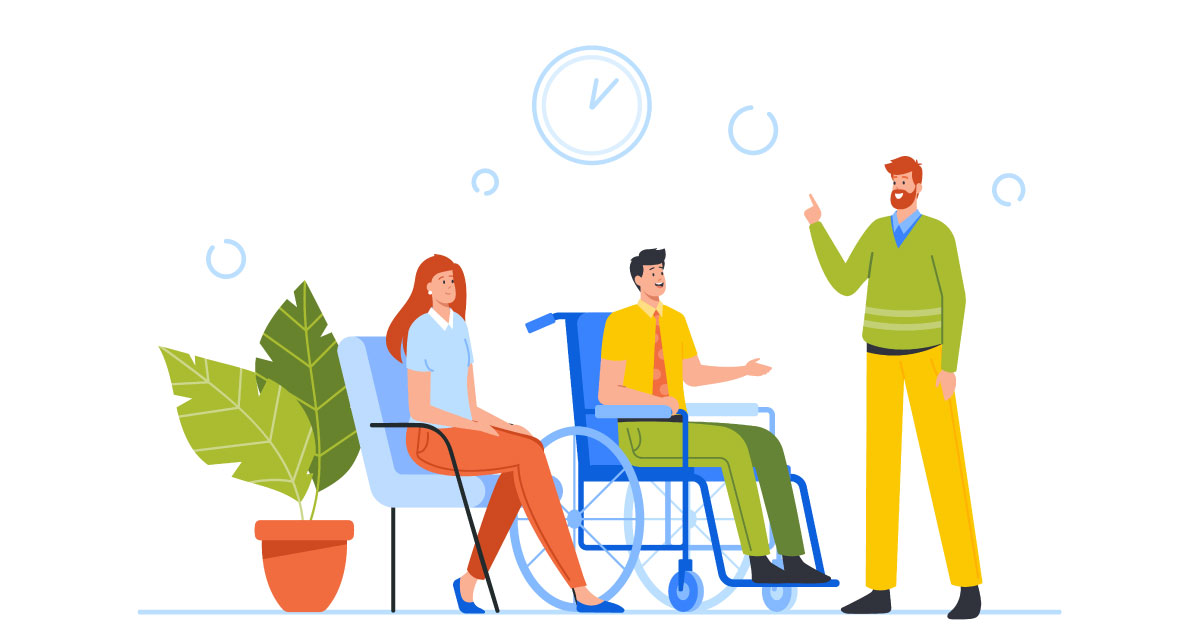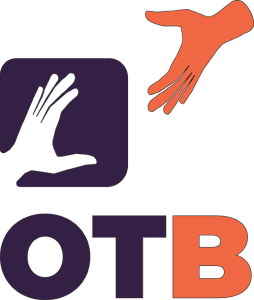One of the most impactful ways to promote inclusivity is through mentoring, particularly for individuals with disabilities. This mentoring not only builds confidence but also nurtures independence and creates pathways to new opportunities. Let’s delve deeper into how virtual mentoring and specialised disability mentoring services are transforming lives.
Understanding Disability Mentoring Services
Disability mentoring service is about creating meaningful relationships between mentors and individuals with disabilities. These mentors provide guidance, support, and encouragement, helping mentees navigate the complexities of life. The goal of this NDIS service is to equip them with the skills and confidence needed to pursue personal and professional aspirations.
Types of Disability Mentoring Services
- Group Mentoring: This involves bringing together a group of mentees with a shared background or experience. It promotes peer learning and allows individuals to share insights and strategies.
- One-on-One Mentoring: This personalised approach focuses on the unique needs and goals of the individual, providing tailored guidance.
- Peer Mentoring: Conducted by individuals with similar experiences, peer mentoring provides relatable support. Peer mentors understand the challenges faced and can offer practical advice and encouragement.
The Benefits of Virtual Mentoring
Virtual mentoring offers a flexible and accessible way to connect with experienced professionals, providing invaluable guidance and support in today’s fast-paced digital world. Here are some key benefits to consider:
1. Accessibility
Disability mentoring service eliminates geographical barriers. This means that individuals can connect with mentors across Australia and beyond. The ability to reach mentors who specialise in various fields can open doors that might otherwise remain closed.
2. Flexible Scheduling
Life can be hectic, especially for individuals balancing multiple responsibilities. Virtual mentoring allows for flexibility in scheduling, making it easier to fit mentoring sessions into busy lives. This adaptability can reduce anxiety and make participation more achievable.
3. Diverse Perspectives
The online world is vast, and virtual platforms enable mentees to connect with mentors from diverse backgrounds. This exposure to different perspectives enriches the mentoring experience, providing insights that might not be available locally.
4. Comfortable Environment
For many, discussing personal challenges can be daunting. Virtual mentoring offers a comfortable and familiar environment for conversations. Mentees can engage in discussions from the comfort of their homes, which may enhance openness and honesty.
Building Confidence Through Individual Mentoring
Individual mentoring services are particularly effective in building confidence and fostering growth. Here’s how mentors can help:

1. Setting Achievable Goals
Mentors work collaboratively with mentees to identify their strengths and aspirations. By setting realistic and achievable goals, mentors provide a roadmap that can lead to a sense of accomplishment.
2. Providing Constructive Feedback
Open communication is vital. Mentors offer constructive feedback that helps mentees understand their progress. This guidance allows for improvement and reinforces the idea that growth is a continuous journey.
3. Encouraging Independence
Mentors empower mentees to make decisions and take initiative. This independence is crucial for personal growth, as it fosters self-reliance and the confidence to face challenges head-on.
4. Skill Development
Mentors often assist mentees in developing essential skills, whether they are practical skills for daily living or professional skills for the workplace. This targeted skill development can significantly enhance a mentee’s capabilities and opportunities.
The Role of NDIS Virtual Mentoring Services
For individuals eligible under the National Disability Insurance Scheme (NDIS), virtual mentoring services offer tailored support that can be transformative. Here’s how NDIS virtual mentoring services make a difference:
1. Personalised Support
NDIS virtual mentoring services provide individualised attention, focusing on the specific needs and goals of each participant. This personalised approach ensures that the mentoring experience is relevant and impactful.
2. Skill Development
Through disability mentoring services, individuals can develop essential life skills, such as communication, problem-solving, and social interaction. These skills are vital for navigating both personal and professional environments.
3. Community Connection
Virtual mentoring fosters a sense of belonging. Connecting individuals with mentors and peers who share similar experiences creates a supportive community. This connection can help combat feelings of isolation and promote emotional well-being.
4. Access to Resources
NDIS virtual mentoring services often provide access to additional resources, such as training programs, workshops, and informational sessions. These resources can further enhance the mentee’s growth and development.
Choosing the Best NDIS Service Provider for Mentoring
Finding the right NDIS service provider for mentoring can be crucial for maximising the benefits of the program. Here are some key considerations:
1. Experience and Expertise
Look for providers with a proven track record in disability mentoring services. Assess their experience in working with individuals with similar needs and goals to ensure they understand the specific challenges and opportunities.
2. Personalised Approach
Choose a provider that emphasises individualised mentoring services. The best mentors will tailor their approach to meet your unique needs, helping you set and achieve personal goals effectively.
3. Range of Services Offered
Consider providers that offer a variety of disability mentoring service options—such as group, one-on-one, and peer mentoring. This flexibility enables you to select the format that works best for you.
4. Qualified Mentors
Research the qualifications and backgrounds of the mentors. Look for those with relevant training and experience in supporting individuals with disabilities. A good mentor should have not only knowledge but also empathy and a genuine desire to help.
5. Accessibility and Flexibility
Ensure the provider offers accessible virtual mentoring options that fit your schedule. Flexibility in meeting times and formats can make a significant difference in your ability to engage fully in the program.
6. Client Testimonials and Reviews
Seek feedback from previous participants. Client testimonials can provide valuable insights into the effectiveness and quality of the disability mentoring services also offer therapy assistance.
7. Supportive Environment
A good provider will foster a supportive and inclusive environment. Look for organisations that prioritise emotional well-being and create a safe space for open discussions.
8. Alignment with NDIS Goals
Finally, ensure that the provider’s services align with your goals under the NDIS plan. They should be familiar with the scheme and able to assist you in utilising your funding effectively.
Conclusion
Mentoring is a powerful tool for empowering individuals with disabilities. Whether through traditional or virtual platforms, disability mentoring services play a vital role in fostering confidence, independence, and personal growth. By investing in individual mentoring, we can create a more inclusive world where everyone has the opportunity to thrive.
If you or someone you know could benefit from NDIS virtual mentoring services or disability mentoring services, consider reaching out to local organisations that specialise in these programs. Together, we can build a brighter, more inclusive future, ensuring that every individual has the chance to shine!

